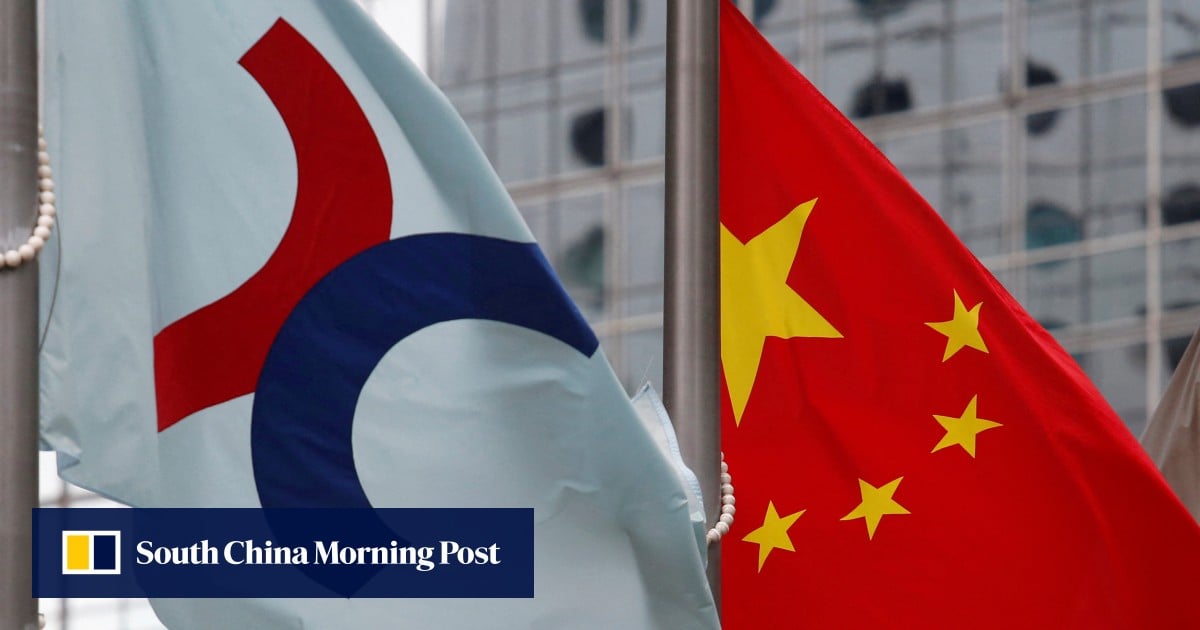The Hang Seng Index climbed 1.2 per cent to 18,538.57 at the noon break, after two-day, 1.4 per cent drop. The Hang Seng Tech Index gained 1.9 per cent and the Shanghai Composite Index added 0.9 per cent.
Longfor Group Holdings jumped 5.7 per cent to HK$12.16 and its peer China Resources Land added 3.4 per cent to HK$30.15 after the city of Hangzhou removed all the restrictions on home purchases. Semiconductor Manufacturing International Corp rallied 5.1 per cent to HK$16.08 ahead of the release of its first-quarter results.
“There are growing expectations about policy support and that has apparently lifted market sentiment,” said An Qingliang, an analyst at Guorong Securities. “More follow-up measures will be implemented at a faster pace going forward to resolve the crisis on the property market and defuse the risk. These steps will help reinforced expectations about a pickup in the economy.”
Everbright Securities said nearly 60 cities had cancelled the mortgage rates floor up to end-April.
“We expect the trend to extend before new home sales and prices begin to recover, which must be supported by faster property policy easing at upper-tier cities,” the brokerage said in a report.
The brokerage did not expect a full and quick recovery, but a modest and gradual one nationally “due to extreme bifurcation between large tier cities in coastal areas recovering much more quickly than lower tier inland cities beset by high inventories”.
Shenzhen, Wuhan latest Chinese cities to ease housing market restrictions
Shenzhen, Wuhan latest Chinese cities to ease housing market restrictions
“Exports have been the bright spot in China’s economy so far this year,” said Zhiwei Zhang, chief economist at Pinpoint Asset Management. “The weak domestic demand led to deflationary pressure, which boosts China’s export competitiveness. This is actually good news for the global economy given the inflation pressure many central banks are fighting against.
The policies in the property sector are changing in a meaningful way recently. A stabilisation of the property sector would help to boost domestic demand and mitigate the deflationary pressure.”
Adding to the optimistic mood was China’s foreign trade figures. Exports increased 1.5 per cent from a year earlier in April and imports rose 8.4 per cent, reversing declines for the previous month, the customs office said on Thursday. Both beat the consensus projections for 1.3 per cent and 4.7 per cent increases, respectively.
Elsewhere, Omat Advanced Materia, which makes materials for semiconductor displays and touch screens, surged 149 per cent to 23.88 yuan on the first day of trading in Shanghai.
Other major Asian markets were mixed. Japan’s Nikkei 225 climbed 0.5 per cent, while South Korea’s Kospi retreated 0.8 per cent and Australia’s S&P/ASX 200 lost 1 per cent.

